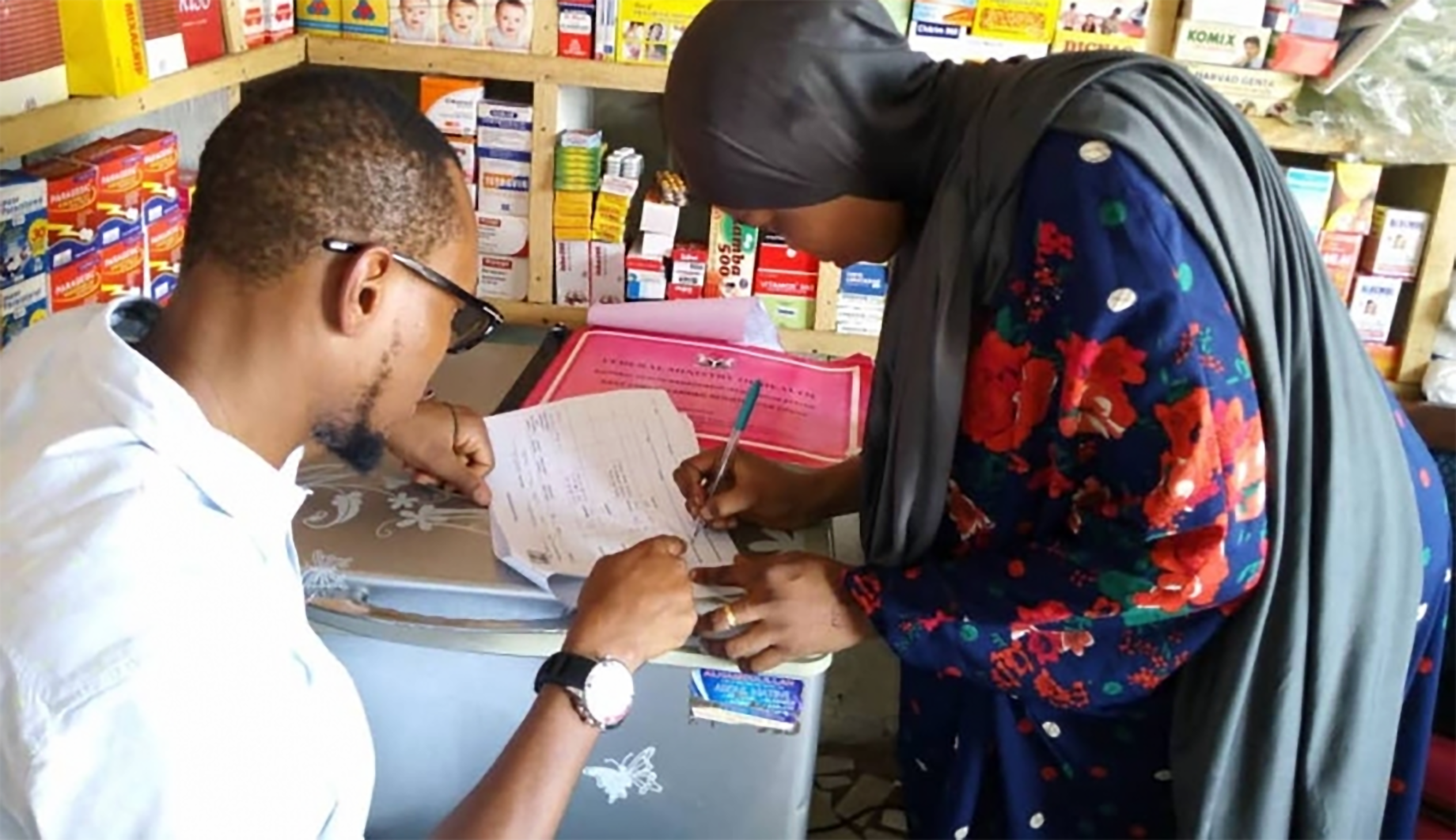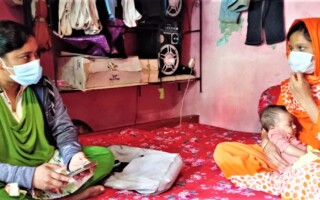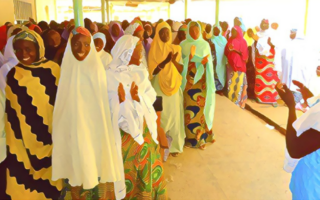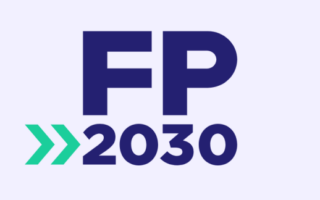
In Nigeria, community pharmacists (CPs) and patent and proprietary medicine vendors (PPMVs) are the first point of care for many individuals in their communities. A CP is a trained pharmacist with full license to sell and buy prescription and nonprescription drugs while a PPMV is defined as “a person without formal training in pharmacy who sells orthodox pharmaceutical products on a retail basis for profit.”
CPs and PPMVs are not formally recognized as family planning (FP) service providers in Nigeria, yet 22% of modern contraceptive users received their last method from a PPMV and 12% from a private pharmacy. Although CPs and PPMVs are a popular source for FP, many have not received formal training to provide FP services and often do not have the necessary knowledge and skills to provide those services.
The IntegratE project, carried out by a consortium led by the Society of Family Health and co-funded by the Bill & Melinda Gates Foundation with MSD for Mothers in phase 1 (2017–2021), piloted a tiered accreditation system, implemented by the Pharmacy Council of Nigeria (PCN), to test a task-shifting model inclusive of CPs and PPMVs with the view to future scale-up. The pilot builds on the successful proof of concept of the Accredited Drug Dispensing Outlets project, which demonstrated that drug shops can provide quality primary healthcare services (PHC) in Tanzania.
In 2014, prior to the IntegratE pilot launch, the Nigeria Federal Government approved a task-shifting, task-sharing policy that has made official and further expanded the essential role of community health officers, community health extension workers, junior community health extension workers, and nurses in the delivery of primary care.
IntegratE 2.0 (October 2021–September 2026) is a follow-on scope of work to build on the learning of the pilot in Lagos and Kaduna. Working closely with PCN, the federal and state-level Ministry of Health, and professional agencies, IntegratE 2.0 supports the sustainable scale-up to an additional eight states of the successes and learnings of IntegratE, while expanding beyond FP to include other PHC services, namely malaria, pneumonia, diarrhea and nutrition, and integrated community case management.




